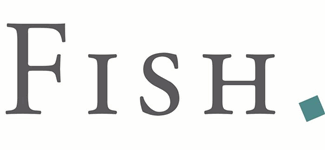Copyright Law Legal Definition in the United States
Practice Areas
The Best for Any Matter
Best Lawyers works with leaders in the legal marketplace to keep our practice area lists current, allowing clients and referring lawyers to more easily locate the precise expertise they are seeking.
View region-specific practice areas by first selecting a country from the drop-down below.
Practice Areas - {{ Country.CountryName }}
{{ practiceArea.PracticeAreaName + ((practiceArea.HasAdditionalMessage || !practiceArea.CanWebNominate) ? "**" : (practiceArea.IsListed ? "" : "*"))}}
* These practice areas are open for nominations but are not yet included in our publications.
** This practice area is not open to public nominations. A lawyer must first be recognized in related fields before they qualify for consideration.
Become a Contributor
Are you recognized by your peers in Best Lawyers?
Contact us to find out how to contribute a practice area definition for your country and area of expertise.
